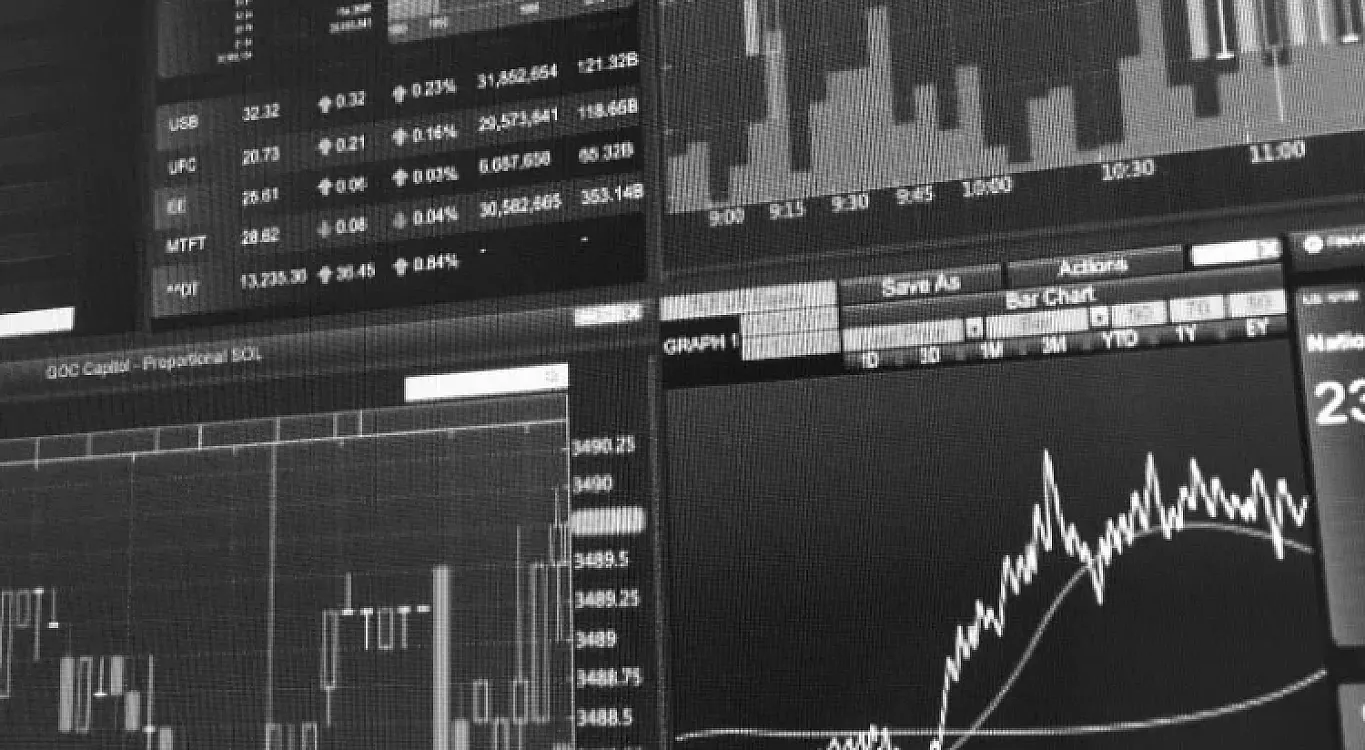Learn how market makers keep crypto markets liquid, stable, and efficient. Explore their impact on reducing price swings, supporting fair prices, and managing trading risks.

Cryptocurrencies have revolutionized the way we think about money, offering digital and decentralized alternatives to traditional currencies. However, maintaining the smooth operation of these markets relies heavily on an important group known as market makers. These players ensure liquidity and price stability, facilitating seamless trading experiences for both individual and institutional investors.
Market makers in cryptocurrency exchanges play a vital role in reducing volatility, ensuring order fulfillment, and fostering trust within the ecosystem. Let’s delve into their functions, benefits, and the challenges they face.
What Are Cryptocurrency Exchanges and How Do They Work?
Cryptocurrency exchanges are digital platforms where users can buy, sell, or trade digital assets like Bitcoin and Ethereum. These platforms function as intermediaries, matching buyers and sellers in real-time. While some trades occur between users directly, many rely on market makers to ensure the availability of assets and the execution of orders at fair prices.
Without sufficient liquidity, trades can face delays, significant price fluctuations, or even failures. This is where crypto market makers step in to stabilize the system and provide a seamless trading experience.
What is Crypto Market Making? / What Are Crypto Market Makers?
A crypto market maker is a person, firm, or financial institution that actively buys and sells cryptocurrency to provide liquidity to the market. Their primary goal is to reduce delays and ensure that trades occur efficiently. By narrowing the gap between buy (bid) and sell (ask) prices, they make trading more accessible and cost-effective.
The Role of Market Makers in Cryptocurrency Markets
Market makers in crypto play several critical roles in maintaining healthy trading environments. Let’s explore these functions in detail.
Providing Liquidity
Crypto market makers ensure there are enough buy and sell orders in the market to prevent delays and slippage—when traders don’t get the price they expect. Liquidity is essential for enabling smooth transactions, especially for large trades.
Stabilizing Prices
By managing supply and demand, market makers reduce sudden price swings. Price stability attracts institutional investors who require predictable conditions for large trades. This role is particularly important for smaller or newer cryptocurrencies, where price volatility can be more pronounced.
Supporting High-Frequency Trading (HFT)
Market makers play a crucial role in enabling high-frequency trading by maintaining tight bid-ask spreads and ensuring quick order processing. This benefits traders who rely on speed and efficiency to execute large volumes of trades.
Risk Management
Market makers use advanced algorithms and automated trading systems to mitigate risks, such as inventory losses caused by price movements. These tools help them balance buy and sell orders effectively.
What Are the Advantages of Crypto Market Making?
Market making in crypto benefits exchanges, traders, and the broader ecosystem. Here are some key advantages:
- Improved Liquidity Market makers ensure a steady flow of transactions, allowing traders to execute orders quickly without significant delays.
- Enhanced Market Confidence By providing stability, market makers encourage participation from both retail and institutional investors.
- Support for Emerging Tokens Cryptocurrency market makers often provide liquidity for newer tokens, helping them gain traction and attract investors.
- Reduced Costs for Traders Narrow bid-ask spreads minimize transaction costs, making trading more affordable for all participants.
- Boosting Exchange Growth Exchanges with reliable market makers are more likely to attract users, enhancing their reputation and market share.
Challenges in Cryptocurrency Market Making
While crypto market makers bring significant benefits, they also face several challenges:
- Inventory Risk Holding large amounts of cryptocurrency exposes market makers to potential losses if prices move against their positions.
- Tight Competition With multiple players in the market, maintaining profitability requires advanced strategies and cutting-edge technology.
- Regulatory Uncertainty The evolving nature of cryptocurrency regulations makes it difficult for market makers to ensure compliance in all jurisdictions.
- Market Manipulation Concerns Market makers must avoid practices like wash trading to maintain ethical standards and avoid penalties.
Explore how these challenges intersect with broader compliance issues in our blog on challenges in cryptocurrency transaction monitoring.
Types of Crypto Market Makers
There are two main types of market makers in cryptocurrency exchanges:
- Traditional Market Makers These entities operate on centralized exchanges, using advanced algorithms to provide liquidity and balance supply and demand.
- Automated Market Makers (AMMs) Popular in decentralized finance (DeFi), AMMs like Uniswap use smart contracts and liquidity pools to enable seamless trading without traditional intermediaries.
Why Are Market Makers Important for Cryptocurrency Exchanges?
Market makers ensure the smooth functioning of cryptocurrency exchanges by:
- Narrowing price gaps between buy and sell orders.
- Attracting larger investors with stable and liquid markets.
- Supporting smaller traders by minimizing price impact.
- Boosting confidence in emerging tokens by providing liquidity.
For insights into maintaining compliance for crypto exchanges, visit our page on Crypto Exchange Compliance.
What’s Next for Crypto Market Makers?
As cryptocurrency markets evolve, market makers will continue to play a pivotal role. Innovations such as decentralized exchanges, tokenized assets, and advanced trading algorithms are shaping the future of market making in crypto.
Key Trends:
- The rise of DeFi protocols and AMMs is introducing new opportunities and challenges for liquidity providers.
- Integration with traditional financial systems is expanding the scope of cryptocurrency market makers.
- Ongoing advancements in AI and machine learning are enhancing predictive capabilities, improving efficiency and profitability.
Final Thoughts
Market makers are indispensable to the cryptocurrency ecosystem. By providing liquidity, stabilizing prices, and reducing trading risks, they create an environment where traders and investors can operate confidently.
As the crypto industry continues to grow, the role of market makers will become even more critical. With innovations in technology and a push toward greater compliance, market makers are shaping the future of digital finance.
For more insights and expert solutions, explore our resources on Crypto Exchange Compliance and Transaction Monitoring Challenges.




